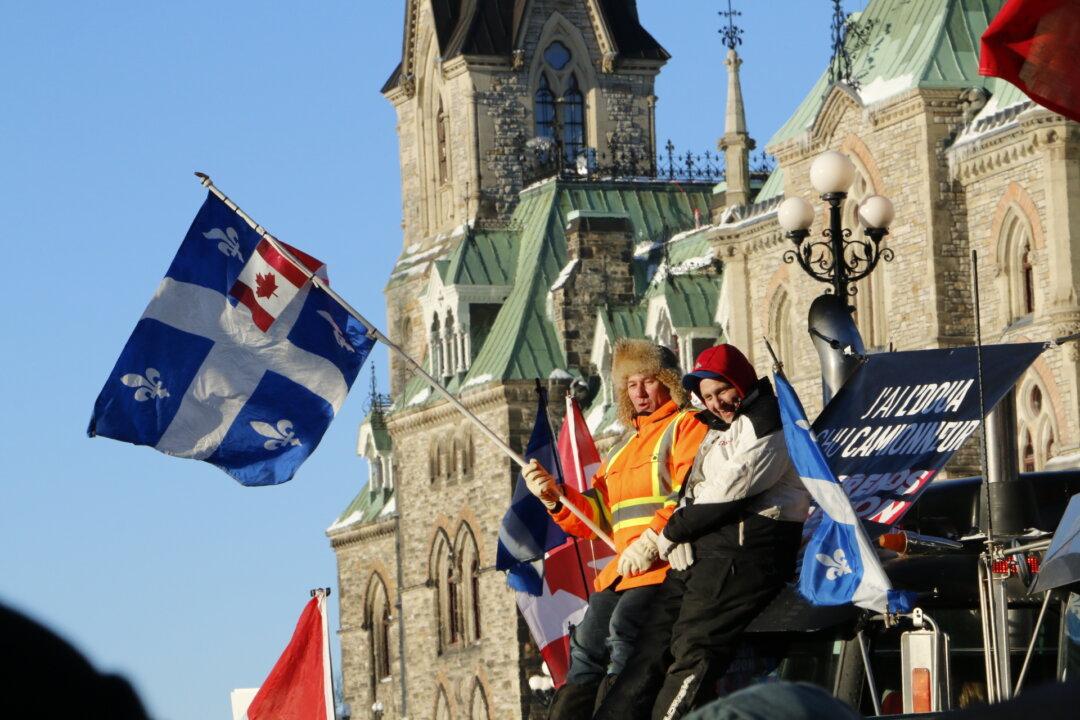The directive on how to apply the federal government’s invocation of the Emergencies Act after it ordered financial institutions to freeze Freedom Convoy supporters’ accounts was ill-defined and left credit unions “scrambling,” a Commons committee heard on March 17.
On a few occasions, customers also withdrew millions to avoid the punitive measure.





